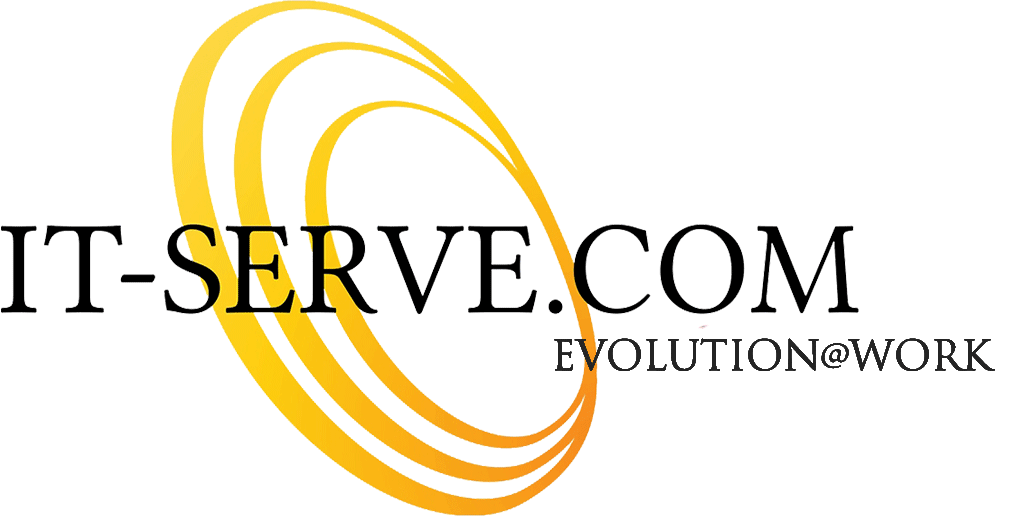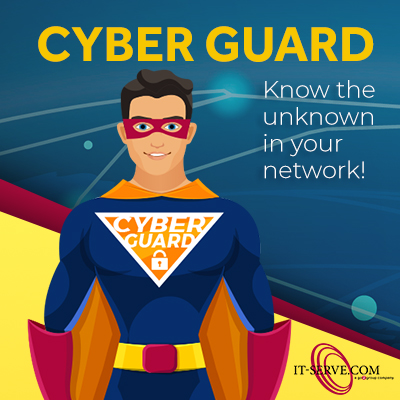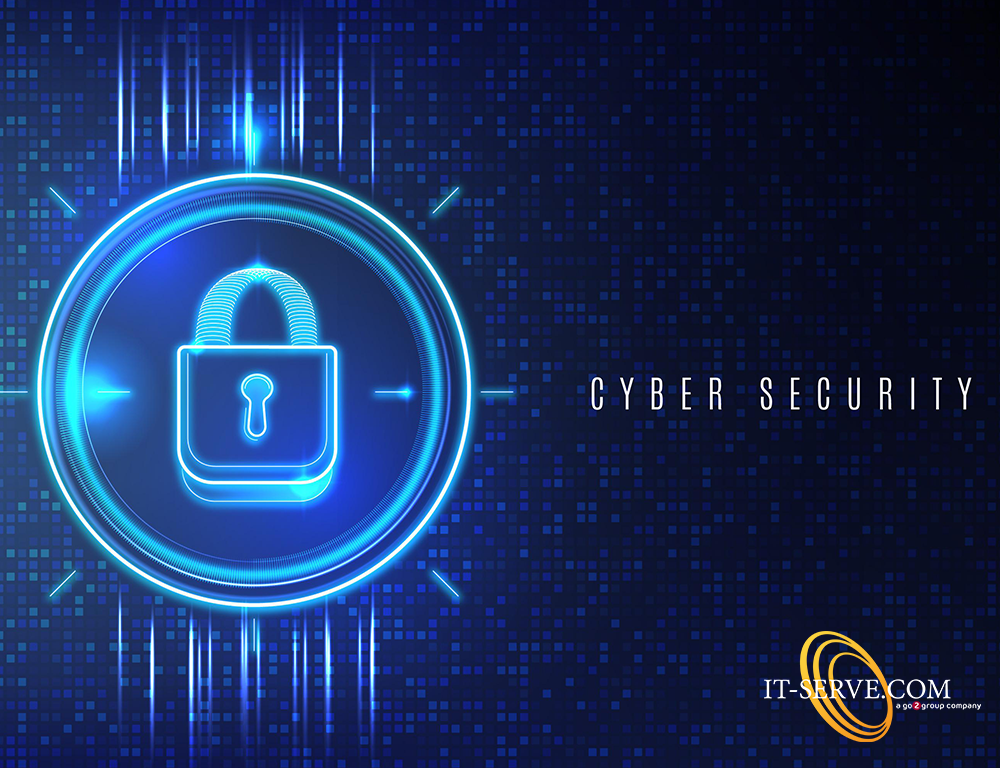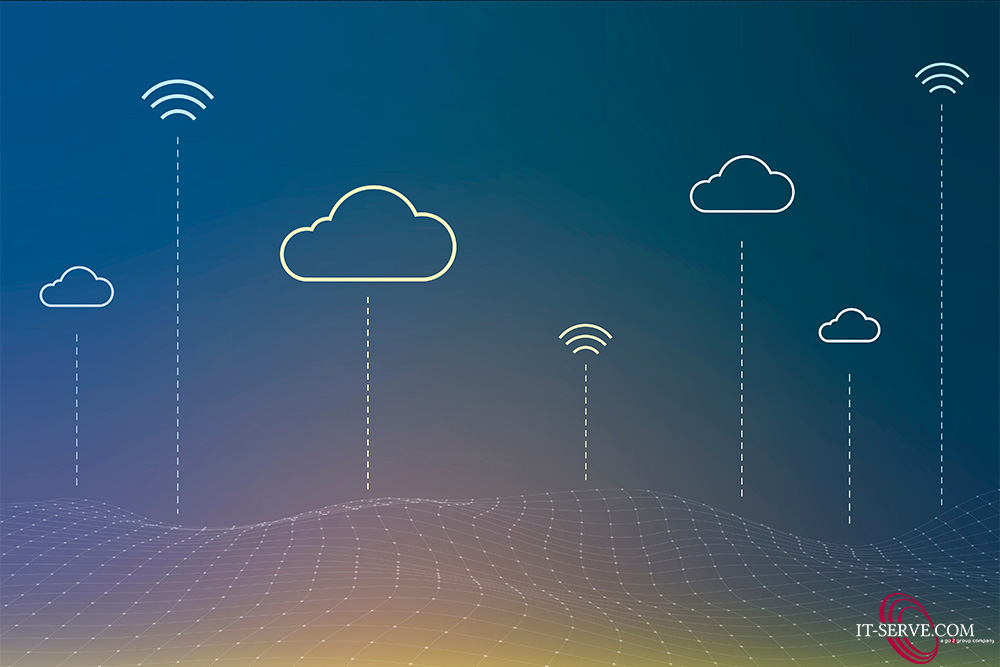
It has become a staple norm for small and medium-sized enterprises (SMEs) to use cloud services instead of inbuilt IT storage options. SAAS (software as a service) applications are tools available for small businesses that are embedded in these cloud applications. SAAS applications in the cloud allow employees to collaborate in real-time on documents, work from home without any hitch whatsoever, and are also at an affordable price for these SMEs to use freely. It's simply much more viable for smaller companies to invest in a SAAS application in the cloud over investing in an entire IT team and system. Cloud storage systems are basically data hubs provided by either Microsoft or Google to safe keep a company's sensitive data and infrastructure. But what are the risks of having all your company data on an online cloud system? What would happen if the online cloud system were to become compromised? Here we highlight the number one threat to your cyber security as an SME.
How cloud systems can become compromised
When you rely on a cloud system and SAAS application for the well being of the entire company, it is important to be aware of the risks as well. However, keep in mind the pros do outweigh the cons. The biggest threat that can affect a cloud system is an attack from a hacker, namely a cyber threat launched in the form of ransomware. Ransomware is a type of Malware that has the ability to encrypt victims files. The malicious hacker then demands the victim to then pay them a ransom. When the ransom is finally deposited into the hacker's bank account, the hacker will then send the victim the decryption key that can then decrypt all the encrypted files. From a surface level view, it's easy to see how dangerous and debilitating a ransomware attack can be on an SME. Not only will the victim’s data on the cloud be compromised by the hacker, but so will the data of the victim’s clients. This can tarnish the trust between client and business as the client will think the business uses inferior cyber security practices.
Additional to that, all data in the cloud becomes inaccessible to the victim during the ransomware attack, leaving the business truly at the mercy of the hacker as literally all data was stored on the cloud. However, as we mentioned before, SMEs still opt to choose cloud storage and SAAS applications because they are genuinely superior and easy to deal with on a budget and also require little to no setup and maintenance from the company's side. The only real downfall would be the risk of a ransomware attack or any cyber security threat that threatens the integrity of the cloud storage system. So what can you do to combat the cloud system's only real weakness?
Datto SAAS protection
Unfortunately, there is no completely foolproof method to guard against a malicious cyber attacker no matter how advanced your cyber security protocols can be. But, there are always ways to better mitigate the damage if an attack ever were to hit. To add an extra layer of protection to your company cloud network, you can use Datto SAAS protection. Take the example of an employee mistakenly deleting an important file of a client’s. With Datto SAAS protection, your company IT professional can simply restore the deleted file back into the cloud storage, or send the file directly to you or the employee. It goes the same way for a ransomware attack. Your IT professional can simply restore all compromised data exactly to how they were before the attack hit. What's more, this can all be done remotely, and in no time at all. Datto SAAS protection is your safety net in the case of any data loss in your cloud network whether it was accidental or intentional.
It's important to keep in mind that many SMEs usually don't have the means to be able to handle a major cyber security breach. Even if the business can give in to the hacker's demands or reimburse the deleted data somehow, they would waste a lot of time and resources in doing so. It is always better to be safe than sorry, and an additional security measure like Datto SAAS protection can be all you need to ensure your SME is appropriately protected against malicious cyber threats and accidental data deletion in your cloud.



















